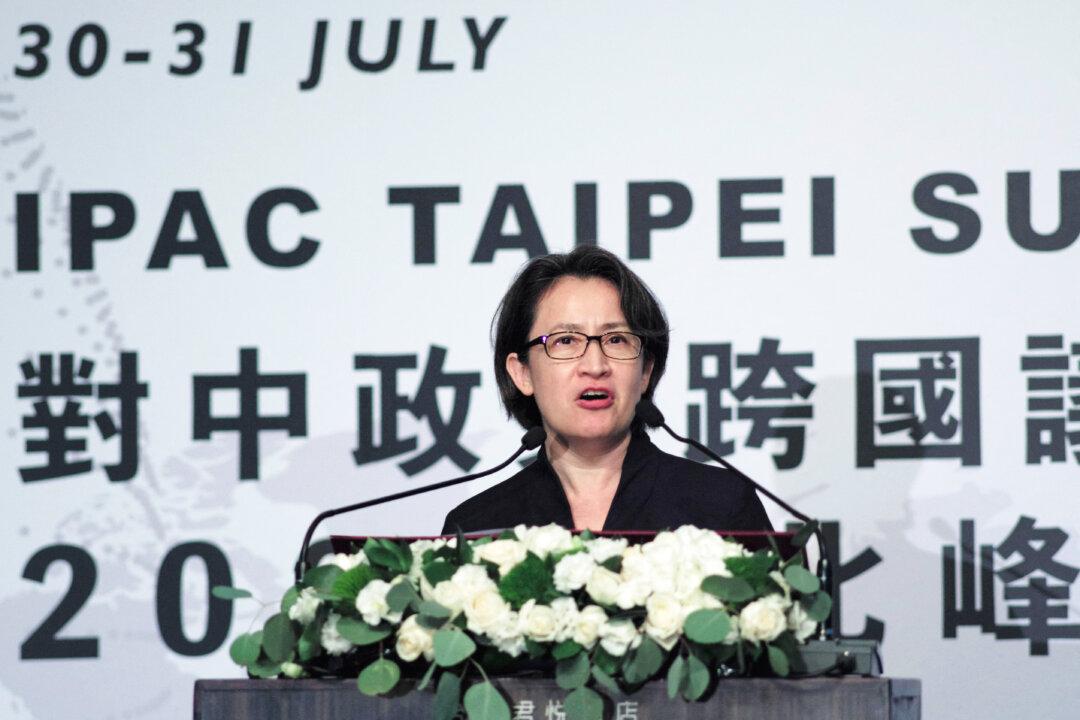An international group of lawmakers has condemned communist China for using “direct and indirect” coercive measures against those who took part in a recent summit in Taiwan.
The Inter-Parliamentary Alliance on China (IPAC), an alliance of more than 200 lawmakers from 40 countries that focus on confronting the Chinese regime’s malign activities, such as human rights abuses, held a summit in Taipei at the end of July.




